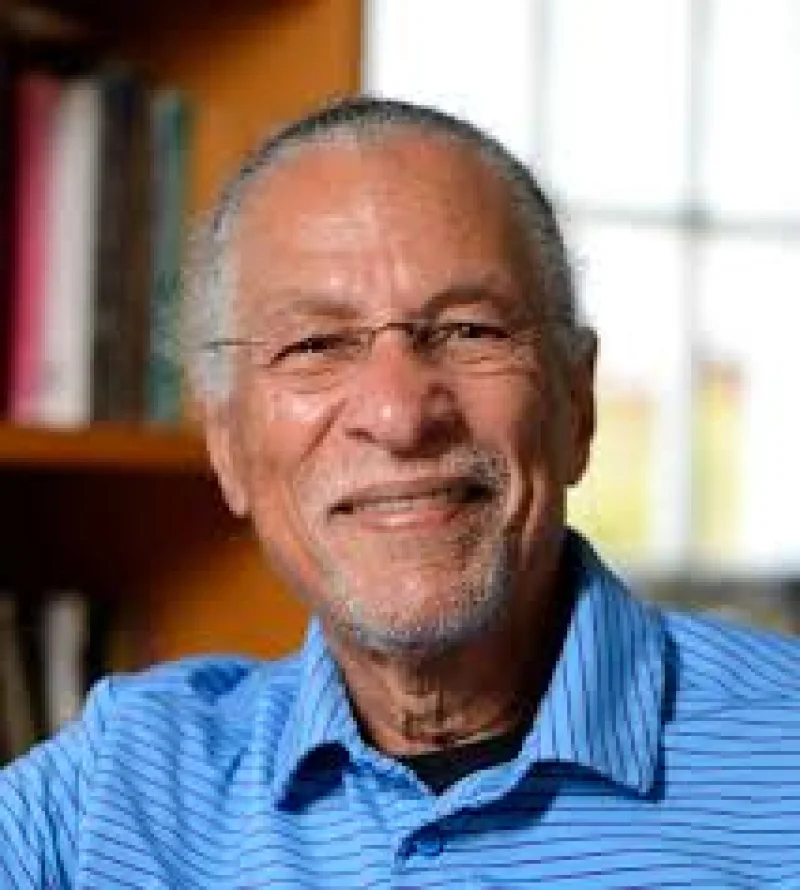Short Summary
Hans Bethe was a German-American physicist whose groundbreaking work significantly advanced the field of nuclear physics. He is best known for his crucial role in explaining nuclear reactions in stars, which earned him the Nobel Prize in Physics in 1967. Bethe's contributions to quantum mechanics and his involvement in the Manhattan Project further solidified his reputation as one of the leading physicists of the 20th century.
Early Life & Education
Born on July 2, 1906, in Strasbourg, then part of Germany, Hans Bethe grew up in a family with strong academic inclinations; his father was a physiologist, and his mother was a teacher. Bethe's early education was marked by rapid advancement, leading him to study physics at the University of Frankfurt and later at the University of Munich, where he completed his doctoral degree under Arnold Sommerfeld in 1928. His upbringing in a scientifically curious environment and his education under prominent physicists were pivotal in shaping his future career.
Career Highlights
Bethe's career began in Germany, but he moved to England and then to the United States due to the rise of the Nazi regime. In the United States, he joined Cornell University, where he became a leading figure in theoretical physics. His work during World War II at Los Alamos on the Manhattan Project was instrumental in the development of the atomic bomb. After the war, Bethe continued to contribute to astrophysics and nuclear theory, becoming a respected voice in science policy and arms control discussions.
Major Achievements
- Developed the theory of nuclear reactions, explaining energy production in stars, for which he won the Nobel Prize in Physics in 1967.
- Played a pivotal role in the development of the atomic bomb as part of the Manhattan Project during World War II.
- Contributed to the understanding and development of quantum mechanics, particularly in solid-state physics and quantum electrodynamics.
- Advocated for nuclear arms control and was involved in significant policy discussions during the Cold War era.
Famous Quotes
- "I can do physics, I can do teaching, and I can do administration. But, I can't do all at the same time."
- "We need to have nuclear weapons to deter others from using them against us, but we also need to work towards reducing their numbers."
Interesting Facts
- Hans Bethe became a U.S. citizen in 1941, having fled Germany due to the rise of the Nazis.
- He was known for his collaborative work style, often working with other prominent scientists like Richard Feynman and Robert Oppenheimer.
- Bethe was one of the few scientists to openly oppose the development of the hydrogen bomb after World War II.
- He continued to contribute to scientific research and policy discussions well into his later years, staying active until his death in 2005.
Legacy / Influence
Hans Bethe's legacy is enduring in the field of astrophysics and nuclear physics. His work on nuclear reactions in stars remains foundational for understanding stellar processes. Additionally, his leadership in scientific research and advocacy for responsible nuclear policy has left a significant mark on both the scientific community and global policy discussions. Bethe's influence extends beyond his scientific achievements to his role as a public intellectual advocating for peace and responsible science.
FAQ
Q: Why is Hans Bethe famous?
A: He is famous for his work on nuclear reactions in stars and his role in the Manhattan Project.
Q: What did Hans Bethe win the Nobel Prize for?
A: He won the Nobel Prize in Physics in 1967 for his contributions to the theory of nuclear reactions in stars.
Q: Did Hans Bethe oppose nuclear weapons?
A: Yes, he was an advocate for nuclear arms control and opposed the development of the hydrogen bomb.












